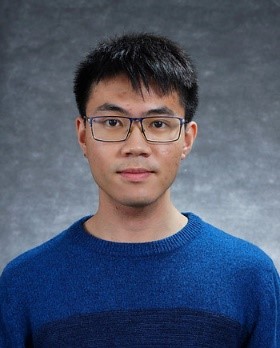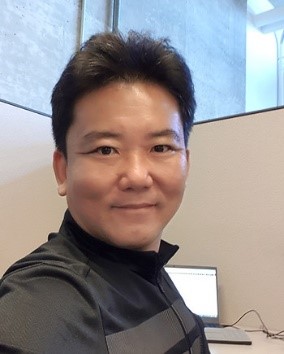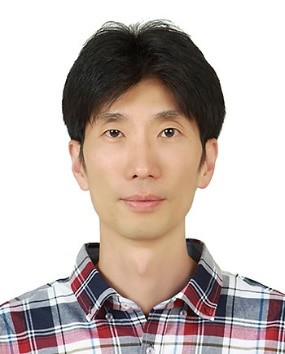FEAS researcher’s collaboration with Hyundai on simulation technologies for EV braking systems
Dr. Jaho Seo, Associate Professor, Faculty of Engineering and Applied Science recently collaborated with Hyundai Motor Company on development of simulation technologies for ‘redundant braking systems’, a safety feature on electric vehicles (EV) that is activated if normal hydraulic braking fails. These systems contain separate pumps and valves from normal braking systems for front-wheel braking, and electrical parking brakes for rear-wheel braking. Dr. Seo’s (principal investigator) study on brake-control and its modelling is needed to ensure an EV’s safe operation through this spare braking system if the main brake was ever to fail.
The EV braking performance simulation research was carried out by Dr. Seo’s
Autonomous Vehicle and Electro-Hydraulic Control Lab, with assistance from Ontario Tech Master of Applied Science (MASc) graduate and Research Associate Tyler Parsons, current Ontario Tech MASc student King Ching Lee, and Younggu Cho, a visiting scholar from Hyundai.
Using artificial intelligence, and various evolutionary computation and optimization techniques, Dr. Seo’s research group was able to develop an optimal model that captures complex behaviours of the redundant braking system involving 45 different parameters. The mode was tested under different simulation scenarios involving various driving/deceleration/pedal speeds, road conditions, driving directions, and more.
The next step in the process to confirm the simulation test results will involve experimental validations or field tests by Hyundai.




Clockwise from top left: King Ching Lee, Younggu Cho, Dr. Jaho Seo, Tyler Parsons
